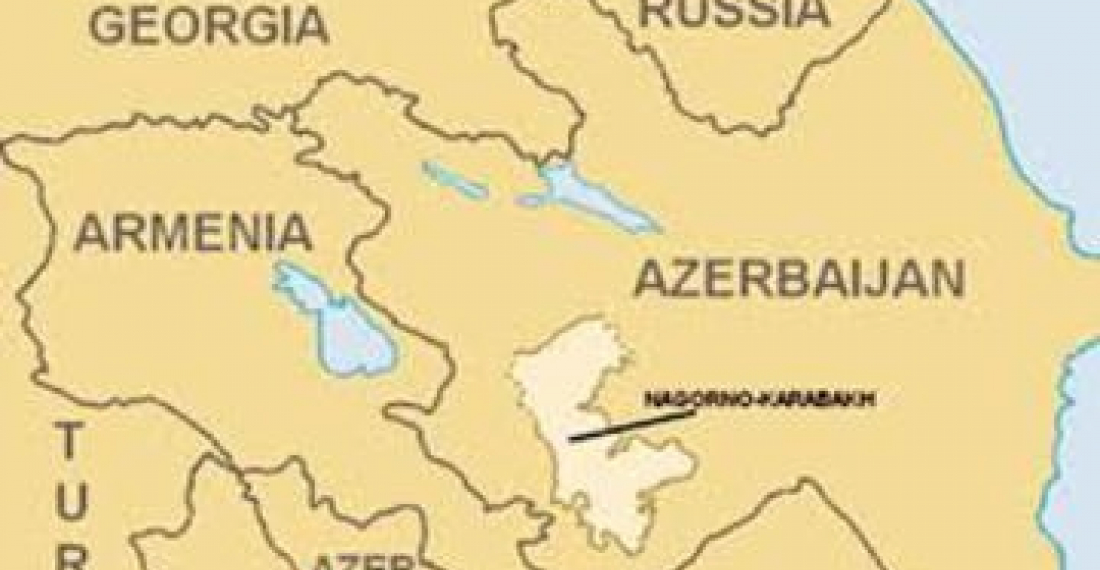The Nagorno-Karabakh conflict remaining unresolved between Azerbaijan and Armenia, Turkey's neighbors to the east, is a potential threat to stability in the region that could explode at any time, analysts agree, urging the international community to become more committed to settling the conflict as soon as possible.
“Nagorno-Karabakh is the most heated conflict in the region, which could cause the biggest damage and spark tension between the nations, as hostilities are still alive and military troops are on alert along the border,” Mitat Chelikpala, a regional analyst from Kadir Has University, said at the panel discussion “Frozen conflicts in the South Caucasus and Nagorno-Karabakh,” sponsored by the Caspian Strategic Institute (HASEN) in cooperation with the Eurasia Institute in Istanbul on Friday.
In an address harshly criticizing the international community for not developing a united stance to settle the conflict, which has been deadlocked for more than two decades, Chelikpala urged the Organization for Security and Cooperation in Europe (OSCE) Minsk Group to be more active, as the analyst says that the Minsk Group, established back in 1992 to settle the Nagorno-Karabakh, is not fulfilling its mission.
Commenting on the legal aspects of the conflict and peace talks between the sides, Efgan Niftiyev of HASEN said it is not only Armenia and Azerbaijan that are affected but that the whole region is going through a very critical period, mentioning the Nagorno-Karabakh conflict as the main cause. War can flare up any time as the process for settlement of the conflict drags on, a fact which actually forces both sides to increase their military strength in the region.
“Peace talks have almost been suspended, as the sides already cannot stomach sitting down at a negotiating table which does not produce tangible results. The conflict can be solved only if both sides [Armenia and Azerbaijan] make compromises to come up with a peaceful solution,” Niftiyev noted, urging the Minsk Group be more committed to its mission and to help both sides find a peaceful end as soon as possible.
In the meantime, underlining the importance of the Track Two process, which involves the two communities in reconciliation projects, as state-level peace talks preserve the status quo and produce no results, the analysts are hopeful that the Track Two level meetings will be significant in forcing both sides to take difficult decisions towards a solution.
Today's Zaman
News.az: Nagorno-Karabakh might escalate into war, needs to be solved
News.az: Nagorno-Karabakh might escalate into war, needs to be solved

'Nagorno-Karabakh is the most heated conflict in the region.'






